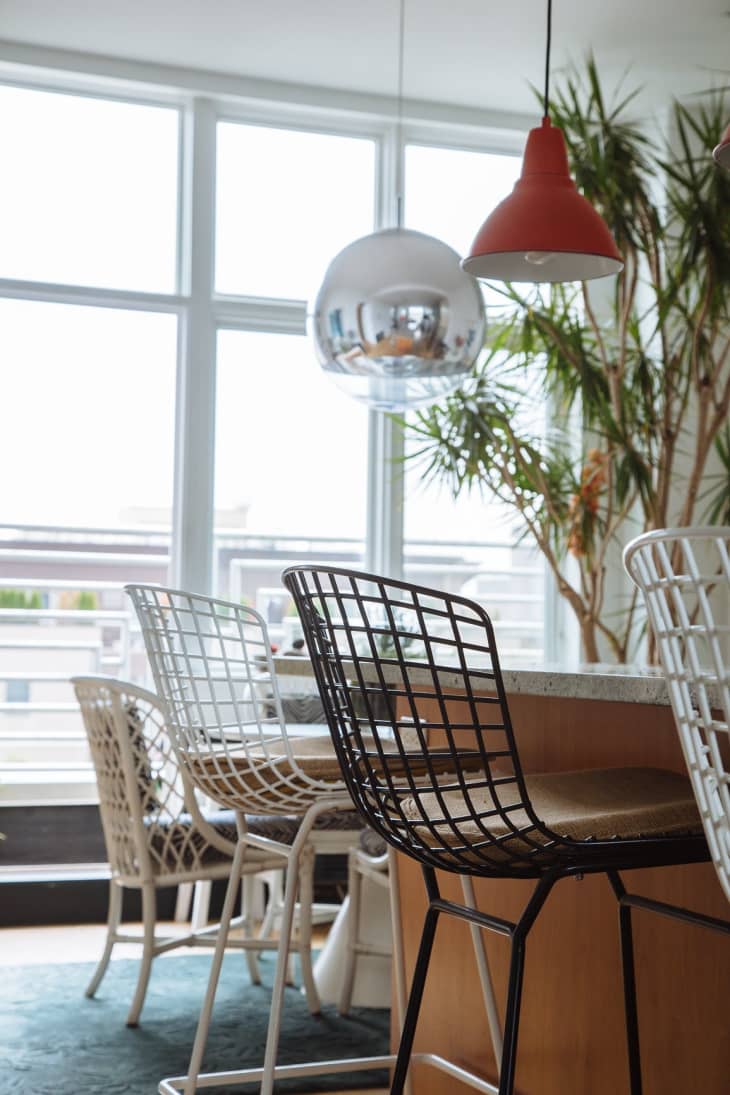The Psychology of Why We Prefer Expensive Things

It’s hard to ignore the stigma of what’s cheap. We’ve been trained over the years to equate price with value. When faced with two options–for a chair or maybe a picture frame–our minds are hard-wired to think of the more expensive option as being of better quality or more beautifully designed.
That is, of course, not always the case. It used to be, before the Industrial Revolution when nearly everything was crafted by artisans with imported materials, but not so much anymore. This video from The School of Life is a quick history lesson on the sociological relationship between cost and value in our minds:
There’s a lot to digest there, but the main point is this: Today, an item’s cost is not always the best indicator of its value. And especially not its value to you, specifically. Yet, we still let the price of a good determine how we feel about it subconsciously (or sometimes, consciously). A higher priced item stirs up more enthusiasm and excitement and appreciation than something with a lower cost.
The solution to this inherent bias is simple and challenging all at once. We all need to make an effort to establish our own value for things, independent of their cost. Because if you love your IKEA couch and it does well the basic job of giving you a place to sit in the living room, then it has just as much worth to you as a really fancy sofa that costs ten times more.
Do you find this way of thinking true for you? Do you (consciously or subconsciously) ascribe a lower value to a lower priced item?